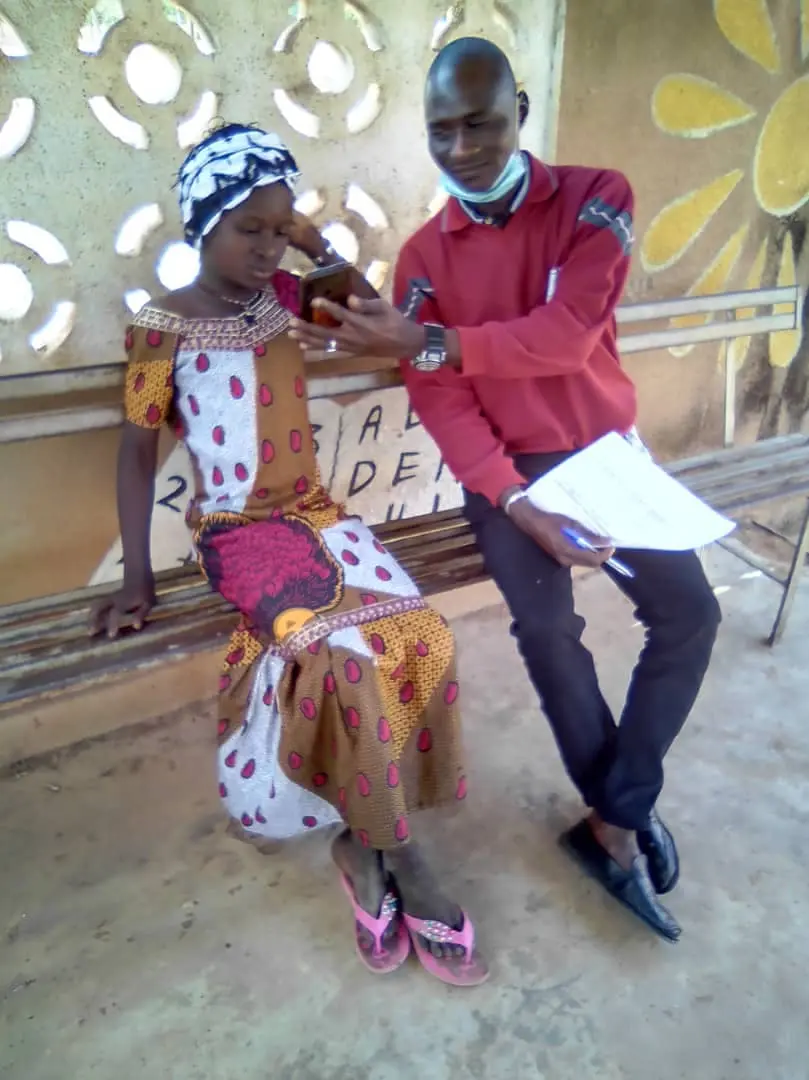Senseguide stories
The ‘Work: No Child’s Business’ (WNCB) Alliance aims at ensuring that children and youth are free from child labour and enjoy their rights to quality education and (future) decent work. Social norms and traditions, social exclusion and discrimination as well as a poor functioning education system, are key reasons why children are working and not attending school. The WNCB alliance partners find it important to recognize that community discourse and organizational culture play an essential role in influencing human behaviour and organizational conduct, as well as complex system dynamics such as a value chain. The partners have therefore opted for SenseGuide and SenseMaker methodology for the baseline, mid-line and end-line analysis of the ‘Work: No Child’s Business’ (WNCB) program while ensuring that SenseMaker will complement other methods and data analysis within the program MEAL system.
Research of the mindset of Greenpeace audience towards urban mobility with the goal to challenge these mindsets to make any alternatives to private-car use the new socially desirable norm. The research was implemented together with Greenpeace’s cognitive science lab, Mindworks, using a Facebook messenger-based chatbot designed with SenseMaker techniques. The chatbot was implemented in Mexico, Brazil, Spain, Israel and Philippines.
Commissioned by the World Bank, SenseGuide conducted a SenseMaker study of community resilience in the Msimbazi Lower Basin Area of Dar es Salaam, Tanzania. The objective of the study was to support a participatory design process with stakeholders from the highest levels of government to the grassroots of the community, from civil society to private sector. They have come together to determine how to best address the multi-faceted challenges posed by the recurrent flooding in the Msimbazi.
As part of its impact strategy Europeana engaged SenseGuide in the impact assessment of the migration campaign. The objective of the impact assessment was to understand the intrinsic values of European citizens in engaging with digital cultural heritage. Europeana’s desire was to bring impact measurement beyond the immediately measurable output of Europeana’s activities. For Europeana this is a novel way of measuring its impact. It therefore approached SenseGuide as of its experience and expertise in using the Cognitive Edge SenseMaker® method for human sensemaking.
The BeniBiz project harness the power of entrepreneurship to improve the availability of nutritious food and create economic opportunities for young people in Benin. The project was commissioned by the Dutch Embassy in Benin. The aim of the SenseMaker study was to gain strategic insights for the consumer market and business model for Nutrition Sales Agents with a focus on how to translate these insights into real and sustainable local change initiatives.
Together with Cordaid we developed an innovative new methodology for the objective and inclusive assessment of the development priorities of local communities with a focus on fragile contexts. The Flourishing Community Index (FCI) captures the needs and aspirations of communities independently of specific projects, development actors or donors. It is implemented in Burundi and DR Congo. The FCI is awarded by the UK Evaluation Society.
The objective of the Sarraouania programme is to prevent young girls in the age between 12 and 16 to drop out school early, primarily in the rural areas of Niger. SenseGuide was given the task to perform a baseline assessment with the SenseMaker approach.
Valeria Varga of BoPInc wrote a travel log about the SenseMaker research in Benin. Here is her story.
SenseGuide has developed a narrative based approach for intelligence gathering for UN peace missions with Mali as case study. The Dutch army recognizes that understanding the human landscape of missions is as important as tactical and operational intelligence. Collecting and interpreting narratives on a large scale completes the intelligence framework.
The principal objective of the SenseMaker study is to understand the determinant factors and the environment in which the development of an innovative inclusive channel to the Base of the Pyramid market in Mozambique can be developed. Different local representatives of global corporates and NGO’s were engaged in the sensemaking and intervention design process facilitated by SenseGuide.
Commissioned by the SCL Group and under the Vision 2030 programme SenseGuide was responsible for of a large-scale narrative study of the population of Saudi Arabia. The aim of the study was to understand citizen engagement and communication practices related to planned economic reforms split by behavioural, attitudinal and demographic groups.
Commissioned by the Dutch Embassy in Bangladesh the PROOFS (Profitable Opportunities for Food Security) programme is designed to understand the complexity of food security and malnutrition and to develop an innovative intervention programme. Sense Guide was responsible for the sense making and intervention design process. Representatives from different local actors, NGO’s and entities like the Word Food Programme and the EU Food Programme were engaged. It has led to new insights and innovative interventions addressing malnutrition amongst the base of the pyramid in Bangladesh.



